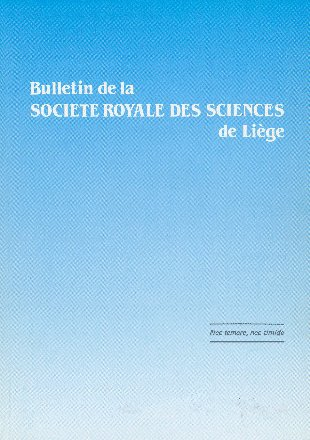- Portada
- Volume 80 - Année 2011
- The variable X-ray spectrum of theWolf-Rayet binary WR140 with Suzaku
Vista(s): 562 (4 ULiège)
Descargar(s): 510 (18 ULiège)
The variable X-ray spectrum of theWolf-Rayet binary WR140 with Suzaku

Documento adjunto(s)
Anexidades
Abstract
We report the preliminary results of the Suzaku observations of the W-R binaryWR140 (WC7+O5I). We executed the observations at four different epochs around periastron passage in Jan. 2009 to understand the W-R stellar wind as well as the wind-wind collision shocks. The total exposure was 210 ks. We detected hard X-ray excess in the HXD band (> 10 keV) for the first time from a W-R binary. Another notable discovery was a soft component which is less absorbed even by the dense wind. The spectra can be fitted by three different components; one is for the cool component with kT=0.1–0.6 keV, one for a dominant high-temperature component with kT ~3 keV, and one for the hardest power-law component with the photon index of ~2. As periastron approached, the column density of the high-temperature component increased, which can be explained as self-absorption by the W-R wind. The emission measure of the dominant, high-temperature component is not inversely proportional to the distance between the two stars.
Para citar este artículo
Acerca de: Yasuharu Sugawara
Department of Physics, Chuo University, Japan
Acerca de: Yoshitomo Maeda
Department of High Energy Astrophysics, ISAS/JAXA
Acerca de: Yohko Tsuboi
Department of Physics, Chuo University, Japan
Acerca de: Kenji Hamaguchi
CRESST and X-ray Astrophysics Laboratory NASA/GSFC, and
Acerca de: Michael Corcoran
Department of Physics, University of Maryland
Acerca de: Andy Pollock
CRESST and X-ray Astrophysics Laboratory NASA/GSFC, and
Acerca de: Anthony Moffat
Universities Space Research Association
Acerca de: Peredur Williams
European Space Agency, XMM-Newton Science Operations Centre
Acerca de: Sean Dougherty
Département de Physique, Université de Montréal
Acerca de: Julian Pittard
Institute for Astronomy, Royal Observatory Edinburgh






